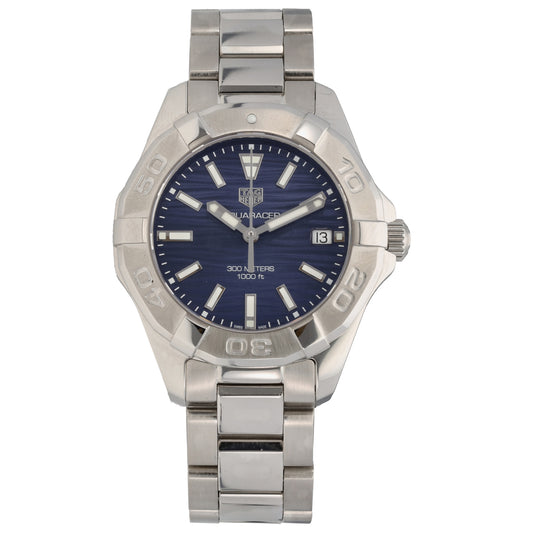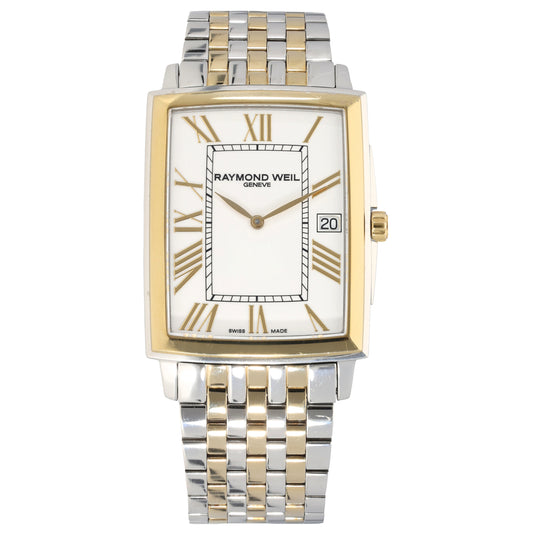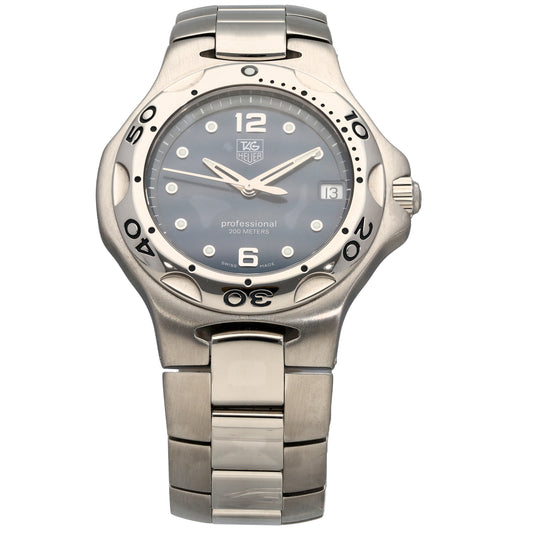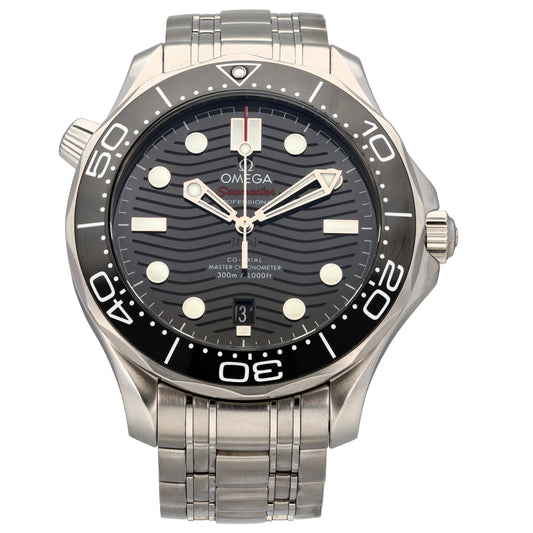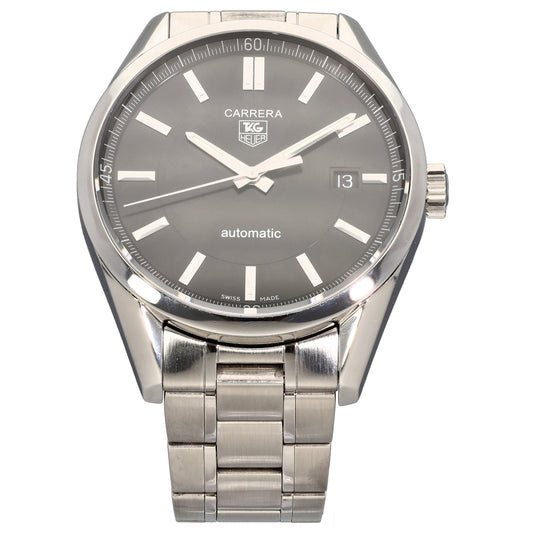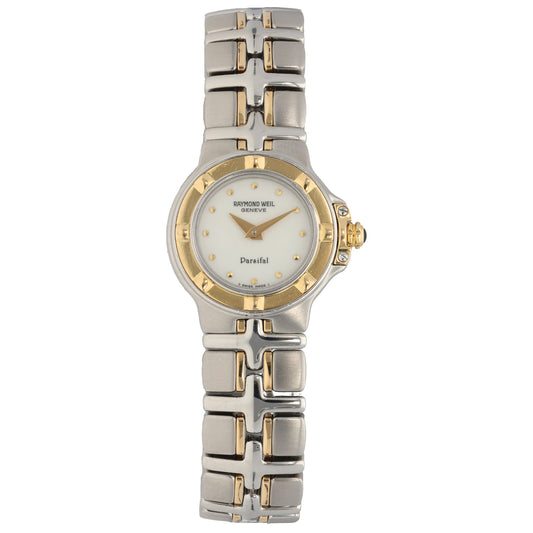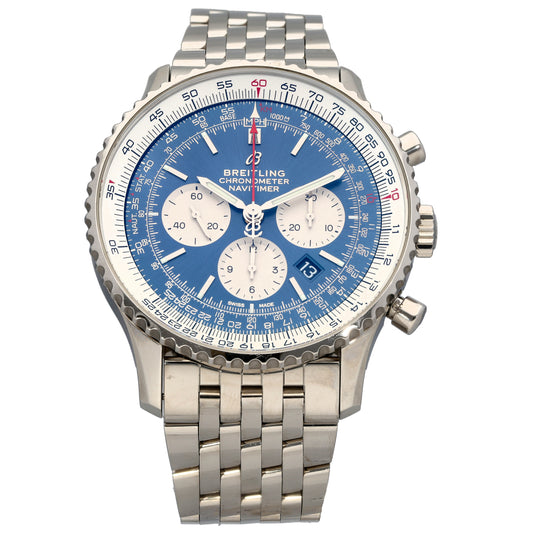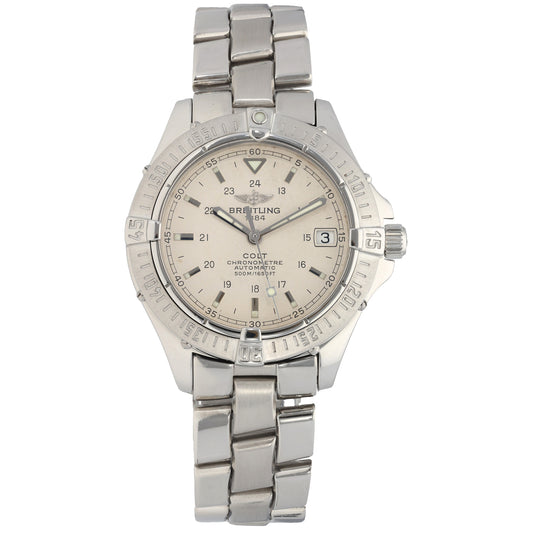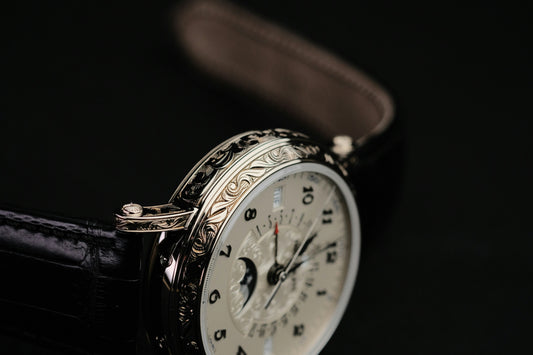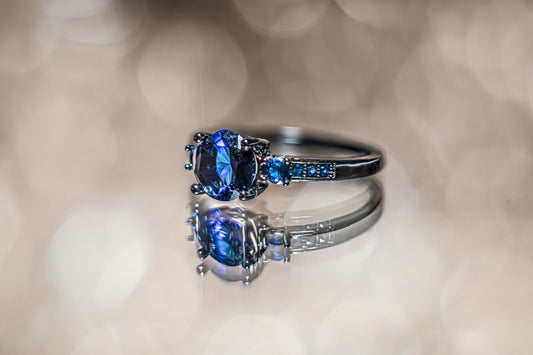
Above: View of Deptford, Evelyn Street store, 1956. London Picture Archive ref: 59963 © London Metropolitan Archive (City of London).
While you may think of it as a modern practice, pawnbroking actually has a long and fascinating history. The financial service is believed to be well over 2000 years old, with evidence suggesting that pawnbroking came from China and dates back to around 200 BC. Over the years the service has been used by many different people from all walks of life, even royalty have pawned their possessions when Queen Isabella of Spain used her jewels to fund Christopher Columbus’ expedition!
Pawnbroking has long been a part of British history too — the Normans brought the financial service to England in the 11th century. Since then, pawnbroking has been through many changes, including the vital passing of the Pawnbrokers Act of 1872, which ensured that the service became properly regulated and prevented pawnbrokers from charging unreasonably high interest rates.
H&T celebrates its 125th birthday this year, a huge milestone for any company and during this time there has been plenty of change in the pawnbroking industry, but what exactly has changed for pawnbroking over the last 100 years? Read on to discover the history of this financial service, from the 1920s all the way to present day.
The 1920s
The 1920s was a successful decade for many pawnbrokers. In fact, the industry had been increasing in popularity for around 50 years by this point, as the new regulations from the Pawnbrokers Act of 1872 made people feel much more secure and confident in pawning their possessions. It's believed that around this time, there were as many pawnbrokers as there were pubs (Historic UK)!
The 1920s were a particularly busy period for pawnbrokers, especially so for pawnbroking businesses across the pond in the USA, where people around the country turned to their services as the Depression hit hard at the beginning of the decade. The decade was a good one for pawnbrokers in the UK too, including for H&T who had opened an impressive 20 stores by 1926.
Despite the success during this time, it didn't end on the best terms for H&T. A fire at the company's popular Bermondsey branch caused £2000 worth of damage. This wasn't the first time that this store was damaged either, as in 1906 a fire gutted the entire shop and destroyed all of the stocks and pledges.
The 1930s
While the 1920s were a big decade for the pawnbroking industry in the UK, the 1930s were arguably even more successful. Although the Global Depression hit people in the United States hard in the previous decade, the biggest impact from the economic downturn was felt by Brits during the 1930s. Unemployment in the country rose to 3 million, which was a staggering 6.5% of the entire population at the time (ONS). Times were hard across the country so it's no surprise that people turned to pawnbrokers for secured loans, especially since regulation from the Pawnbrokers Act of 1872 helped them somewhat shake off a bad reputation caused by some unscrupulous operators.
H&T took plenty of different types of pledges during this time. In fact, the business issued over staggering 1.7 million pledges in 1936. These included common pledges which we often receive today, like watches and jewellery, and some more unusual pledges, such as towels, curtains, vests, and even pyjamas! But it wasn't just during this decade which saw us take in unusual pledges — we've received plenty of other weird and wonderful items over the years too.
H&T ended the decade with 23 branches and the business going from strength to strength. In 1933 we opened our first pawnbroking and jewellery store, and we even opened a clothing store in the same year! By the end of the decade, we had a new director in Charles Edward Scott, and H&T were full of confidence for the years ahead. However, before the decade was out the world saw the start of the Second World War.







